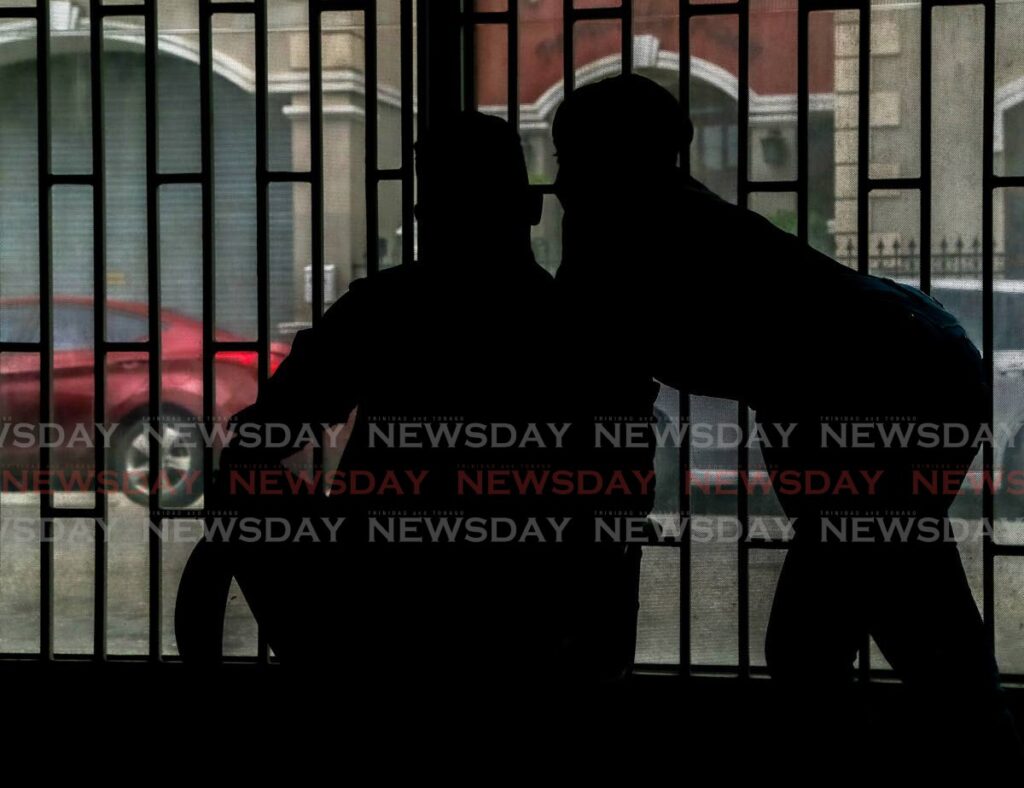A dirty business

This column concentrates on currently relevant business issues, and over the years has analysed business issues that are legal, many involving Industrial Court awards, processes and opinions.
It has looked at issues that are legally neutral affecting social and economic development as well as business issues that are illegal. Or should be, such as theft and export of metals that have robbed entire communities of electricity and communications technology.
If anything will promote communities to take civil action legally or illegally against law breaking perpetrators, that will. I understand that theft and export of metal is a very lucrative trade with many international connections.
Not nearly as lucrative nor as multinational in scope as human trafficking and the sex trade industry, however.
There are facts and anti-facts, moral, immoral and politics involved, politics, as we have been told, which have a morality of its own.
Politics is defined as the use and manipulation of power with, between and among people in every grouping above a single person: partnerships, limited liability companies, religious organisations, NGOs, state enterprises, boards of directors, law firms, medical practices, Cabinet groups, families and, of course, marriages.
Wherever two or three people are gathered together there is politics.
Human trafficking is no different. Sex work is one of the most lucrative of the industries involved in that profession, and always has been, whether by financial transaction, kidnapping, personal choice, forced labour or economic necessity.
The thoroughly researched report done by the US Department of State on Human Trafficking in TT published in the Express on Sunday is clear, factual and unquestioned.
Monday’s follow-up opinion piece report by respected journalist Andy Johnson, entitled Police in Sex Trafficking, equally factual and professionally done, brought me back to my first awareness of the industry back in the early 1970s.
In a casual drive around Port of Spain, a kindly, and, I hasten to add, very conservative and respectable relative pointed out the spots of “scandal" on what was then called “The Gaza Strip.”
He easily identified the most prominent brothels as we passed them, including the very decorous-looking ones on Ariapita Avenue, Tragarete Road and Dundonald Street.
When I enquired about the mechanics of the industry, having been introduced to the “investigative method“ in my philosophy classes at university, it was explained to me, in the same pedantic academic tones that the 11-plus system had been explained, that young women coming alone into Trinidad looking for work would be questioned at Piarco by immigration officers, then, if they could not identify where they were headed or to whom, or if they were being met by a relative, would confiscate their passports.
These would be turned over to complicit police officers, who would take the young women to a brothel and kept there as sex workers. This also happened to very young men and boys, who would also be part of the trade from then on, as they could not get their passports back.
It was a lucrative trade, not for the sex workers themselves, who often worked for tips, but for their “managers.” Many were police officers in the first division, who were mentioned by name, so well-known were they, on the street at the time.
This was back in the days following the heyday of Boysie Singh, whose activities were also as well known by people on the street and equally “appeared” not to be known by the police of the day, until Singh went a step too far and was hanged for murder.
Francis Joseph’s report, published in in the press in June of 2009, on Randy Burroughs was equally incisive and is worth Googling. It did not specifically identify those in the Flying Squad who were involved in the trade, but back in 2009, the word on the street was that their activities went past the drug trade, mainly the cocaine and marijuana they were charged with, and since sex workers have families and customers who all have names and familiar faces, were equally regarded as common knowledge.
It is not that people in Trinidad are macocious, it was pointed out to me when I asked why everyone on the street knew about the identities and activities of those involved in human trafficking.
"Trinis are just interested in other human beings and their activities.” Especially prominent people involved in politics.
So why did it take the US investigators to tell us that prominent people are involved? Up until now, there have been no convictions (lots of arrests, but no evidence is left behind, apparently) of local traffickers. We frequently read about police raids on hotels/bars/restaurants/ brothels in central and south, which are then closed for a month or two, women arrested, fines duly paid, brothels opened again.
Nothing much has changed, it seems, since the Flying Squad was in operation. So if sex work is so ubiquitous and such a commonly accepted commercial practice, so that for thousands of years it has been known as the oldest profession, why is it still illegal?
And does the headline Police in Sex Trafficking have anything to do with that?

Comments
"A dirty business"